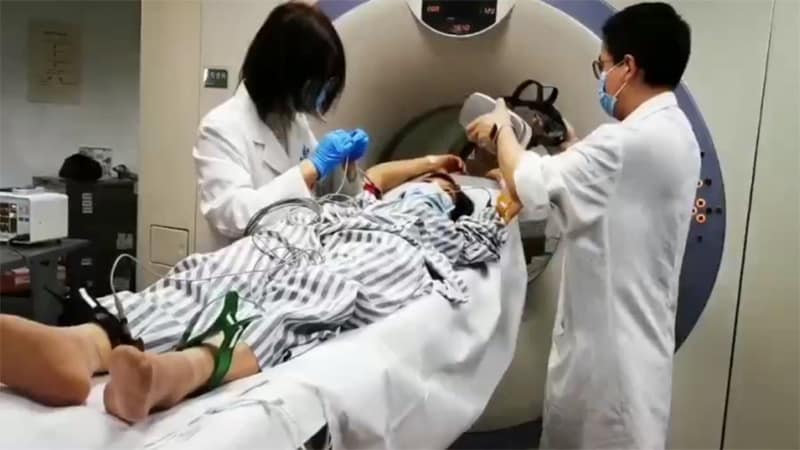The study explores the impact of mental stress on women with angina without obstructive coronary artery disease (ANOCA). It suggests that mental stress-induced myocardial ischemia (MSIMI) is prevalent in ANOCA patients and may not be linked to coronary microvascular dysfunction (CMD). The research advocates for routine mental stress testing in ANOCA patients. The study utilized virtual reality (VR) devices for standardized stress testing and developed a mobile app for remote monitoring during PET/CT scans. The investigation involved mental stress challenges and adenosine stress tests to evaluate myocardial blood flow and perfusion. The study found a higher rate of MSIMI in ANOCA patients compared to controls, with no significant association between MSIMI and CMD. The authors recommend escitalopram treatment for ANOCA patients based on previous evidence.
Customize Summary
Rewrite with AI
Generate Citations
Translate Source
To Another Language
Generate MindMap
from source content
Visit Source
www.medscape.com
Time for Mental Stress Testing in ANOCA?
Key Insights Distilled From
by Marilynn Lar... at www.medscape.com 06-26-2023
https://www.medscape.com/viewarticle/993700
Deeper Inquiries
